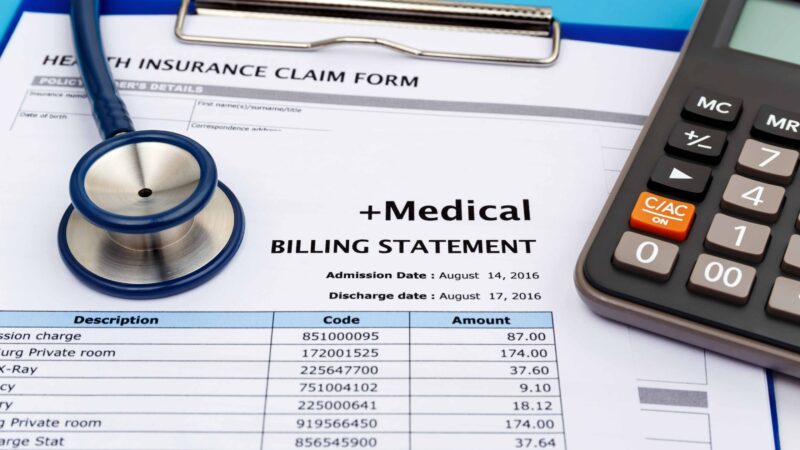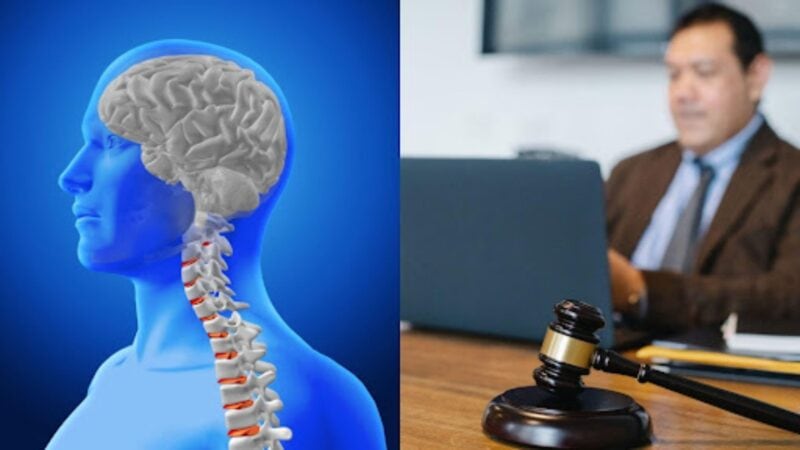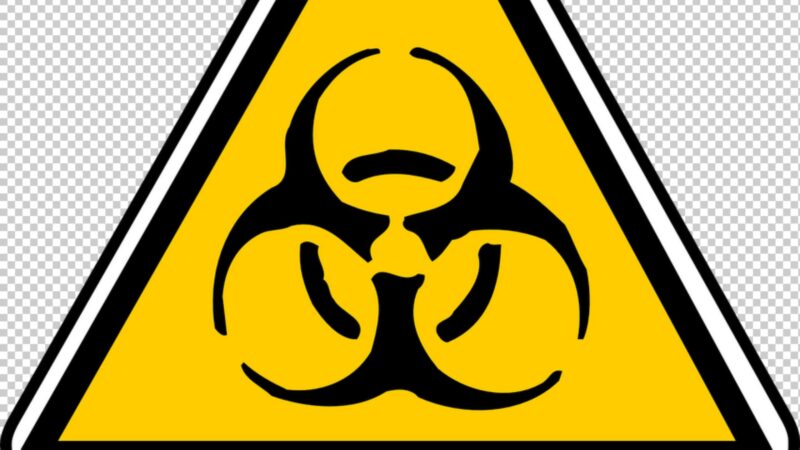What Are The Symptoms of BPH and How to Remedy Them
Benign Prostatic Hyperplasia (BPH) is a common condition affecting many men as they age. A non-cancerous enlargement of the prostate gland can lead to a variety of symptoms that impact everything from a person’s dietary choices to their overall quality of life. Recognizing these symptoms is crucial for timely intervention and management of the condition. While there’s no cure, there are treatments that can make it more bearable. Here are just a few common symptoms associated with BPH and effective remedies to alleviate them.
Frequent Urination
What is BPH? One of the first answers to this question involves a common symptom: an increased frequency of urination. Men may experience a sudden urge to urinate more frequently, especially during the night. This symptom occurs due to the enlargement of the prostate gland, which presses against the urethra and disrupts the normal flow of urine. To remedy frequent urination caused by BPH, various treatment options are available. Medications such as alpha-blockers and 5-alpha reductase inhibitors can help relax the muscles in the prostate and improve urine flow. In more severe cases, minimally invasive procedures like transurethral resection of the prostate (TURP) or laser therapy may be recommended.
Weak Urinary Stream
Another common symptom of BPH is a weak urinary stream. Men may experience difficulty initiating urination or notice a reduced force in the urine stream. This occurs due to the obstruction caused by the enlarged prostate. To address this symptom, lifestyle changes can be beneficial. Avoiding excessive fluid intake before bedtime, limiting alcohol and caffeine consumption, and emptying the bladder can help improve the urinary stream. In some cases, surgical interventions such as prostatectomy or transurethral incision of the prostate (TUIP) may be necessary to alleviate the obstruction and restore normal urine flow.
Urinary Urgency
BPH can also lead to urinary urgency, where men experience a compelling need to urinate immediately. This symptom can be distressing and disruptive to daily activities. Behavioral modifications, such as bladder training exercises, can help manage urinary urgency. These exercises involve gradually increasing the time between urination to train the bladder to hold urine for longer periods. Additionally, pelvic floor exercises, known as Kegel exercises, can strengthen the muscles that control urination. If conservative measures are not effective, medications like anticholinergic drugs may be prescribed to relax the bladder and reduce urgency.
Incomplete Emptying of the Bladder
Some men with BPH may experience a sensation of incomplete emptying of the bladder after urination. This occurs because the enlarged prostate obstructs the urethra, preventing the complete expulsion of urine. To address this symptom, double voiding can be practiced. Double voiding involves urinating, waiting a few moments, and then attempting to urinate again to ensure the bladder is emptied fully. Additionally, certain medications can help relax the prostate and improve bladder emptying. These meds include alpha-blockers or 5-alpha reductase inhibitors.
Urinary Retention
In more severe cases of BPH, urinary retention may occur. This condition involves the inability to empty the bladder completely or at all. It can cause discomfort, pain, and potential complications. Acute urinary retention requires immediate medical attention and may be resolved with the insertion of a catheter to drain the urine. Long-term management options for urinary retention caused by BPH include medication, minimally invasive procedures, or surgery to relieve the obstruction and restore normal urinary function.
Blood in Urine
Occasionally, BPH can lead to the presence of blood in the urine, a symptom known as hematuria. This symptom should never be ignored, as it may indicate other underlying conditions that require medical evaluation. While BPH is a common cause of hematuria, it is essential to rule out other more serious conditions such as bladder or prostate cancer. A healthcare professional will conduct further tests, such as a cystoscopy or imaging studies, to determine the cause and appropriate treatment.
Bottom Line
Recognizing the symptoms associated with BPH is vital for the early detection and effective management of the condition. By understanding the various manifestations of BPH, men can seek appropriate medical assistance and implement lifestyle changes to alleviate symptoms and improve their quality of life. If you experience anything mentioned here, you should consult with a healthcare professional for a comprehensive evaluation. A medical expert can also help you arrange a personalized treatment plan. A little planning today can save you a lot of discomforts tomorrow.

Deepa Mahar is an independent blogger and admin of DeepAdvices who is exploring the beauty of the blog writing from a variety of subjects and books to health, science and others. She believes the blog would be helpful to the reader in the context of knowledge. She is post-graduated with a degree of Biotechnology.






